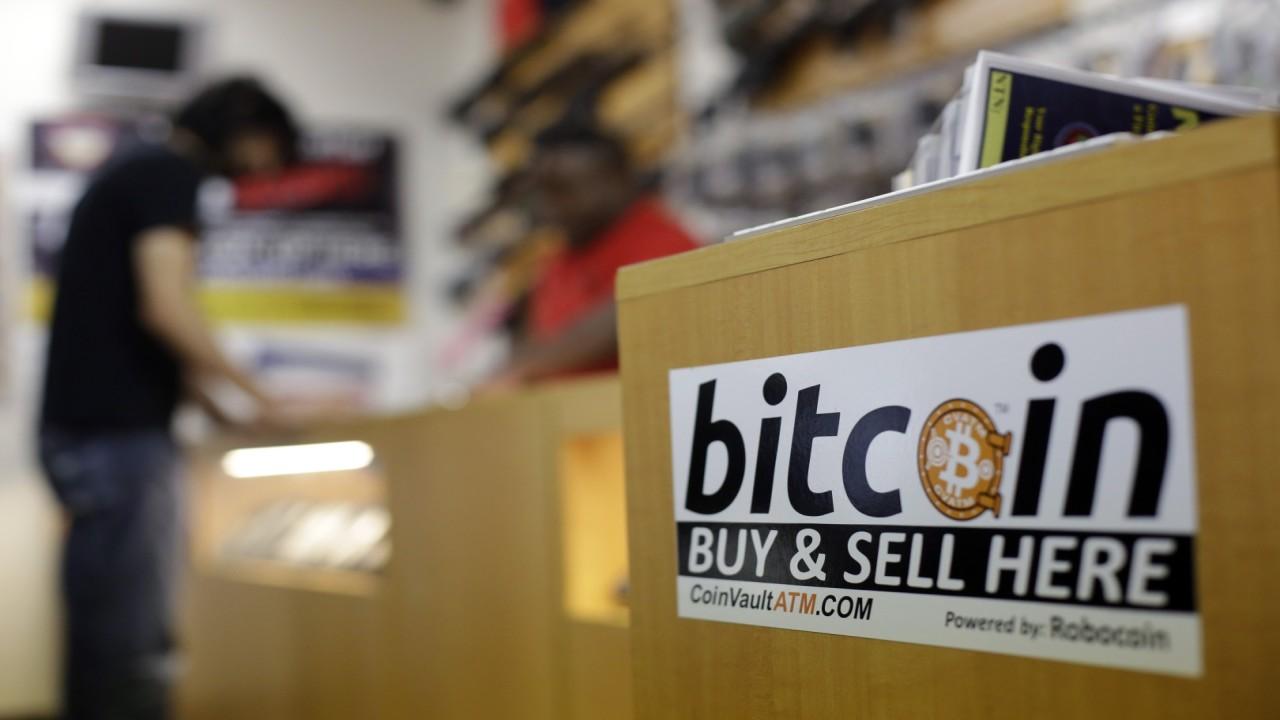Mark Cuban predicts bitcoin, top cryptos to thrive like tech-bubble survivors
Crypto market cap recently topped $1T for the first time
Billionaire Mark Cuban thinks the crypto craze that’s sweeping across the investment community is “exactly like” the 1999-2000 tech bubble.
“I think btc [bitcoin], eth [ethereum], a few others will be analogous to those that were built during the dot-com era, survived the bubble bursting and thrived, like AMZN, EBay, and Priceline,” tweeted Cuban, a tech entrepreneur and owner of the Dallas Mavericks. “Many won’t.”
The dot-com bubble culminated in the five months leading up to March 9, 2000, as many money-losing companies, like Pets.com, saw their valuations soar to astronomical levels before ultimately going bust.
Cuban, and his partner Todd Wagner sold their company, Broadcast.com, to Yahoo in April 1999 for $5.7 billion. Yahoo, about three years later, shuttered most of Broadcast.com’s services before eventually discontinuing its business altogether.
Some of the early Internet stocks had “real value” and those companies were successful, argued Peter Schiff, CEO of Westport, Connecticut-based Euro Pacific Capital and a noted bitcoin skeptic.
“None of the cryptos have any real value so there will be no winners,” he added. “They will all lose.”
Bitcoin has surged by as much as 284% from the beginning of October through its record high of $40,797 on Jan. 7 before $35,566 on Monday. Rivals ethereum and litecoin gained 263% and 282%, respectively, over the same period. The price rally last week drove the market capitalization of all cryptocurrencies above $1 trillion for the first time.
Cryptocurrencies have already suffered through one boom-and-bust cycle.
In late 2017, bitcoin's price climbed from about $4,000 a coin to nearly $20,000 before eventually bottoming out in December 2018 near $3,200.
Cuban referred to cryptocurrencies as a “digital collectible,” arguing owners will take to “digital bragging” on social media about the amount they own.
“What value does any collectible have other than in the eye of the buyer? Why would a digital collectible be any different?” he asked Schiff.
Cuban then argued bitcoin’s price is driven by supply-and-demand dynamics and that all of the other narratives, including debasement and fiat, are “sales pitches.”
Ultimately, Cuban believes bitcoin is a “store of value” that’s not designed to be used for transactions.
“You can't store what you don't have,” Schiff said.
“Gold is a store of value as you are storing gold for future use as a metal,” he added. “Jewelers will need gold, computer chip manufactures will need gold, dentists, etc. But no one needs bitcoin now, so no one will need it in the future.”




















